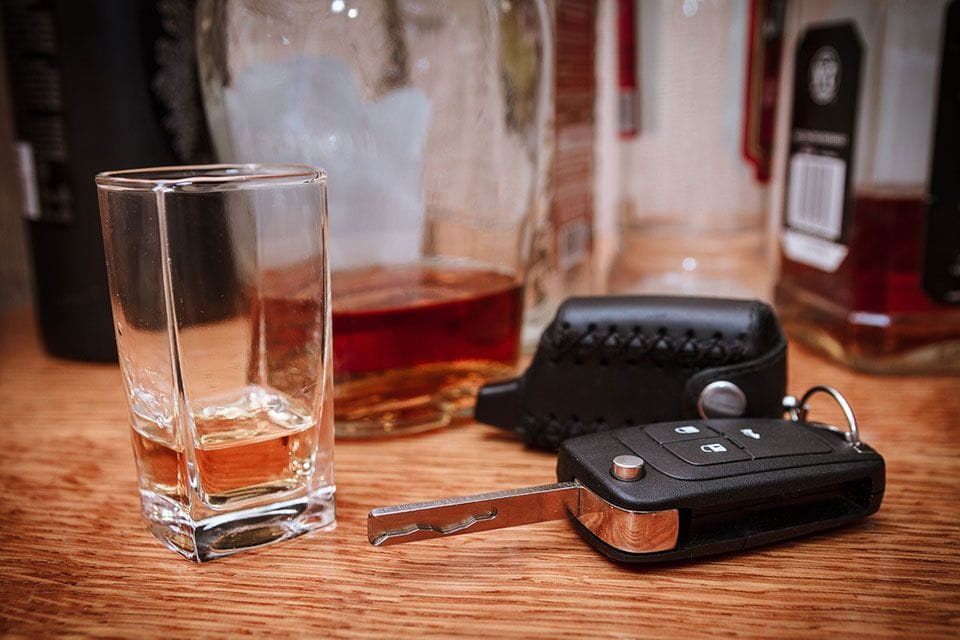Do you suffer breathing difficulties, hives, a tingling in the mouth or a swelling of the lips, tongue, or throat after consuming alcohol? Could you be allergic? You might be, but probably not. Although these are symptoms of true food allergies, they can also be triggered by some of the ingredients in alcohol. In other words, you may not be allergic to the alcohol itself, but to ingredients in the alcohol. The result is the same: your body reacts to the alcohol in a way that makes you feel sick.
True Food Allergies
When you have a true food allergy – say, you eat shellfish, and you’re violently allergic to it – your body’s immune system gets immediately involved. In highly allergic people, even a trace of the iodine in shellfish can produce a severe reaction, even anaphylaxis (severe rashes, breathing difficulty, stomach cramps or collapse). The human body’s immune system regards the ingredient as a harmful substance. The response is to trigger certain cells to make antibodies (called immunoglobulin E) to fight the enemy food.
Ingredients that May Cause Allergic Reactions
If you have an allergy to certain grains, such as wheat, barley, corn, rye and hops, or to the preservative sulfur dioxide, even to the yeast used in fermentation, you may experience an allergic reaction to drinking alcohol that contains these substances or ingredients.
Alcohol Intolerance
Allergic reaction to alcohol itself is rare, described in a few dozen published medical reports. Experts say that what’s more likely is that you have intolerance to alcohol. This makes you more sensitive to alcohol’s effects. Alcohol is broken down in the liver by enzymes within minutes. If you can’t break down alcohol easily, problems may occur with any alcohol consumption. Some of the immediate adverse effects of alcohol intolerance include:
- Rapid heartbeat
- Nausea
- Vomiting
- Pain in the abdomen
- Nasal congestion
- Heartburn
- Headache
- Warm, red, and itchy skin
Alcohol Flush
Certain people of Asian descent have a genetic disorder in which the body is unable to break down alcohol completely. They have an unusual flushing reaction after consuming even a small amount of alcohol. According to the Mayo Clinic, research suggests alcohol flush reaction may increase the risk of alcohol-related conditions, including esophageal cancer and liver disease.
Alcohol Worsens Asthma
Up to one-third of patients with asthma say wine makes their asthma worse. This occurs less frequently with beer or spirits. Wheezing after drinking alcohol could be because of sodium metabisulphite, a preservative in beer, champagne and wine. There is more of this preservative in white wine than red (because red wines use natural tannins to help preserve it), and more in wine from casks than from bottles. The amount of preservative also varies from brand to brand. There are some low-sulfite wines available, but in individuals with extreme sensitivity, even these may not be tolerated. Sulfites and preservatives may cause anaphylaxis in some highly-allergic people.
Histamines
Histamine is produced by bacteria and yeast during fermentation. It is also released by mast cells in allergic reactions. Large amounts of histamine in alcohol can cause an allergic reaction. Some wines have a high concentration of histamines.
What to do if You Have an Allergic Reaction
The simple answer is to avoid drinking alcohol, period. Pinpointing exactly what you are allergic to (an ingredient, a preservative, etc.) may not be worth the trouble. However, if you have the reaction to certain alcohol but not others, simply avoid that type of alcohol or brand. Of course, it you experience severe pain after drinking alcohol, this may be a sign (although rare) of Hodgkin’s disease (also called Hodgkin’s lymphoma). Bottom line: if you have any unusual symptom that appears after drinking alcohol, you should consult your doctor.


